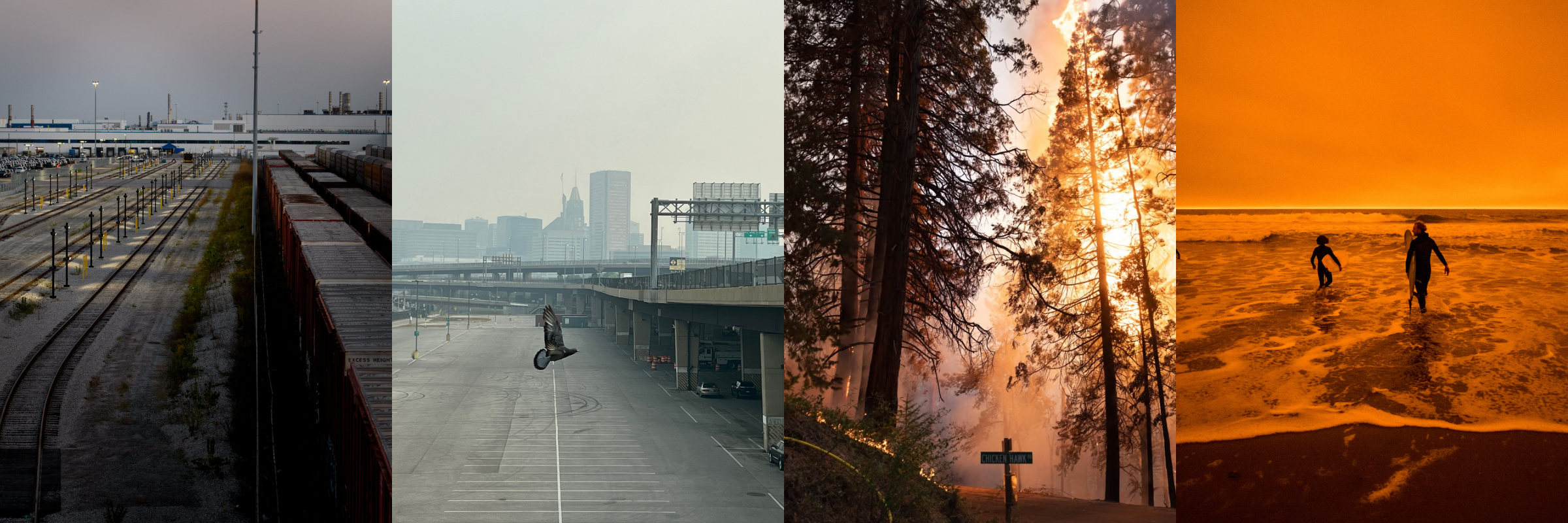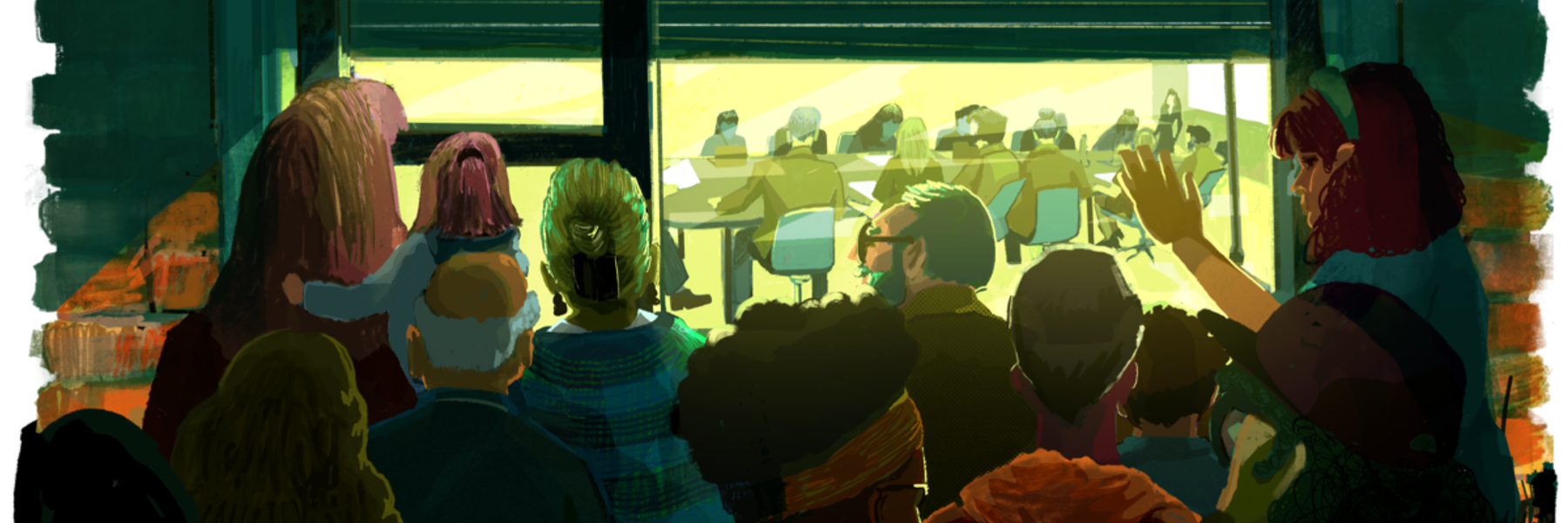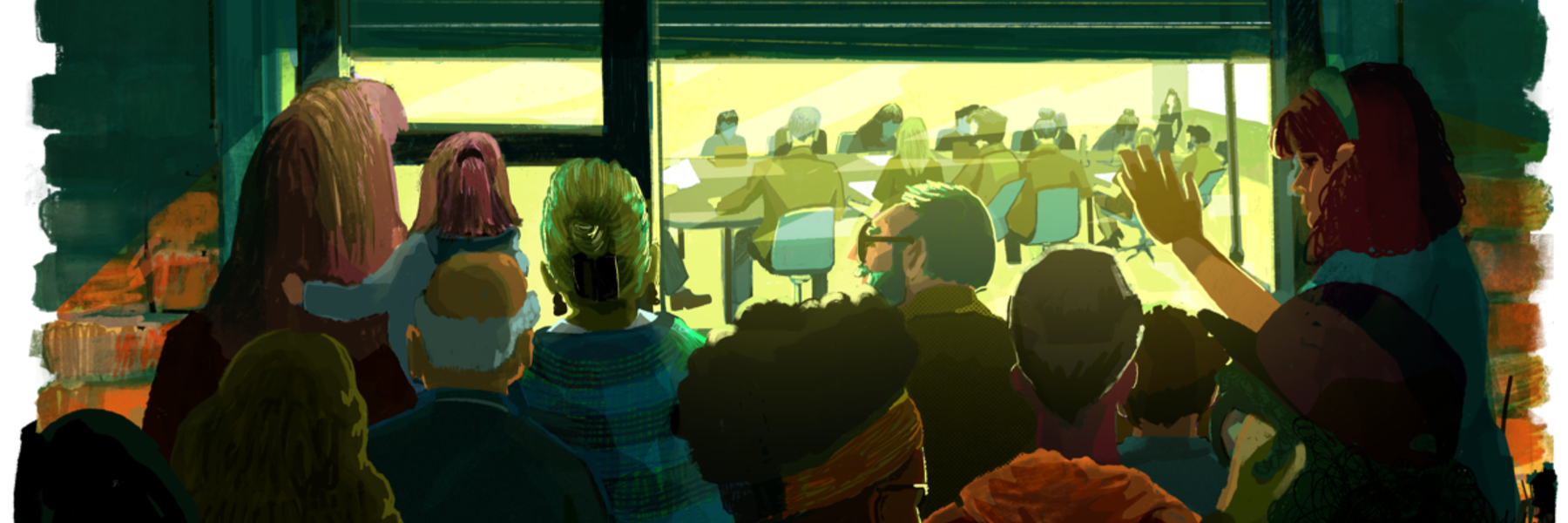The “Smoke, Screened” investigation by MuckRock, National Public Radio’s California Newsroom and the Guardian found that more than 70 counties across 20 U.S. states have used a little-known provision in the federal Clean Air Act called the “exceptional events rule” to exclude pollution data from official government statistics and regulatory decisions. At the American Geophysical Union conference this week, MuckRock and The California Newsroom presented our findings and methodology from the investigation, which details how some regulators are achieving air quality standards through legal means rather than controlling pollution.
The American Geophysical Union conference is one of the world’s largest meetings of researchers on the subject of earth and space sciences, gathering about 25,000 attendees from more than 100 countries. Molly Peterson, who worked on the project as part of The California Newsroom and who is now a reporter at Public Health Watch, gave a talk in one of the conference’s science policy sessions titled, “Analysis of the Clean Air Act’s ‘Exceptional Events’ Provisions, Including Pollution Related to Ozone and Particulate Matter From Wildfires, in All 50 States,” which was co-authored by MuckRock’s Dillon Bergin and Dan Jaffe, a professor of atmospheric sciences at the University of Washington.
The presentation covered the history and current regulatory landscape of “exceptional events,” and described how MuckRock, The California Newsroom and the Guardian obtained Environmental Protection Agency data to analyze how frequently the exceptional events rule is used and where in the U.S. exceptional events happen the most.
For more on the data behind “Smoke, Screened,” check out our methodology, which includes a GitHub repository of all the data and documents obtained through the Freedom of Information Act.
Photograph: Brittany Greeson/The Guardian




